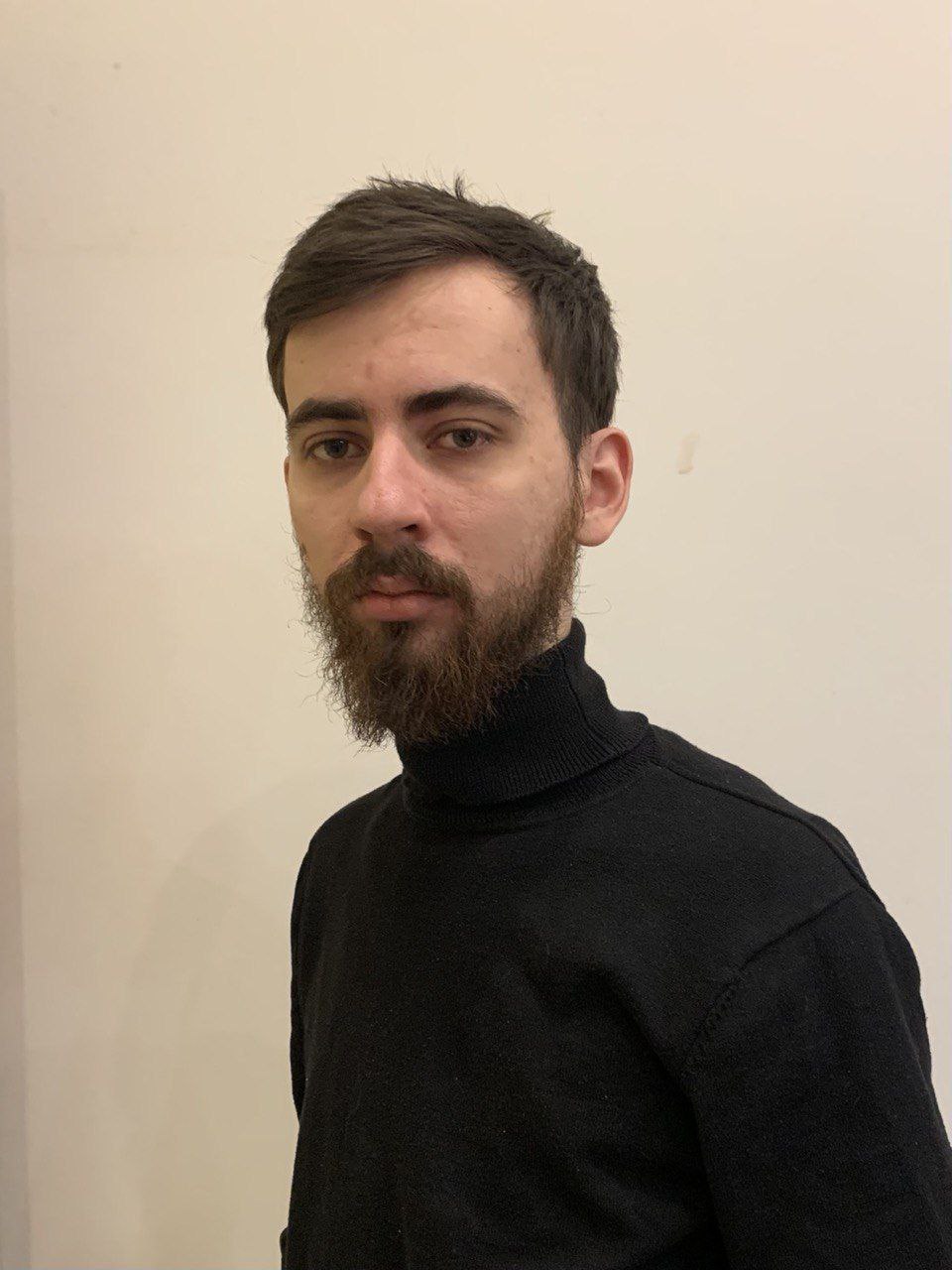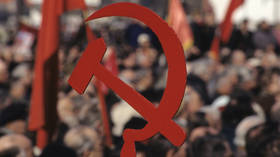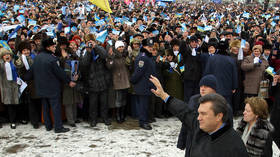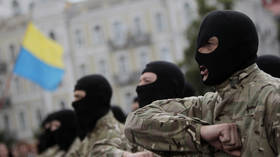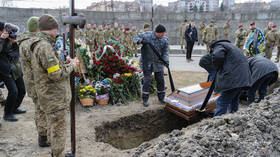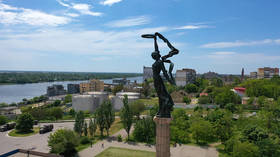Vladislav Ugolny: The real root of the Ukraine conflict goes back 100 years and is misunderstood in the West
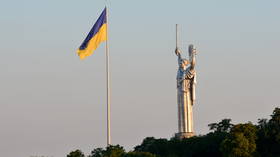
Here's how the current narrative goes: Ukraine is at its peak on its 31st Independence Day.
Thanks to euphoric national unity, the state was able to resist the Russian army. Kiev is still its capital, Odessa remains under its control and there’s are plenty of fortifications in Donbass for the Ukrainian army to hide behind. However, its eastern fortress is not Mariupol or Severodonetsk anymore, but Avdeevka. Although they prefer to omit this fact.
This outcome of the first six months of Russia's military operation may seem like a convincing argument for those who believe Ukraine has a glorious future. Kiev managed to mobilize its defenses in the early days by hectically handing out arms to anybody interested, amassing experienced nationalist fighters in Donbass and bribing regional elites which may have been ready to take Russia’s side – or threatening them.
In reality, this is the result of a policy of violence, coercion, deceit, manipulation and alienation, continuously conducted since 1991. It could’ve been called colonial policy if Ukraine were independent from the influence of the Atlantic agenda. But this is ultimately the victory of the pro-Western bloc over their pro-Russian fellow citizens.
We have seen this before during the Anglo-French standoffs in America and India. And how did it end for Native Americans and Indians? Not good.
And there’s nothing good in store for Ukraine either.
Eight years ago, it lost Crimea and the natural resources of Donbass. Today, the former is many things at once: a rapidly developing showcase of the ‘Russian world’ and a constant military threat, as the Black Sea Fleet regularly strikes Ukrainian military targets with Kalibrs.
The most successful offensive was also the one launched from the peninsula, giving Russia control over Kherson, Melitopol, Berdyansk and Mariupol.
With just half of Donbass lost in 2014, Ukraine has found itself on the brink of an energy collapse, as its unified coal mining and thermal energy complex was ruined. The need for corrupt schemes to buy coal from Donbass republics arose, making fortunes for oligarch Rinat Akhmetov and ex-president Pyotr Poroshenko. The rebellious Donbass also posed a constant military risk to Ukraine, bringing forth the current war.
The most daring and motivated infantry also comes from the region. Both republics have artillery and tanks, but their infantry will be remembered for achieving the impossible for six months already, breaking through the Ukrainian defense in depth.
Now in 2022, Ukraine has lost Kherson, half of its Zaporozhye Region and a third of the Kharkov Region. These territories have now been cut out of the Ukrainian economy. No more Kherson watermelons – the delicious sweet fruit ripening under the southern sun. The largest nuclear power plant in Zaporozhye is now controlled by the Russian army, although it still provides electricity for Ukrainian towns. You can’t rush things when it comes to nuclear energy, but the day will come when Ukrainians will lose every watt of energy from the Zaporozhye facility. And that is a force majeure situation.
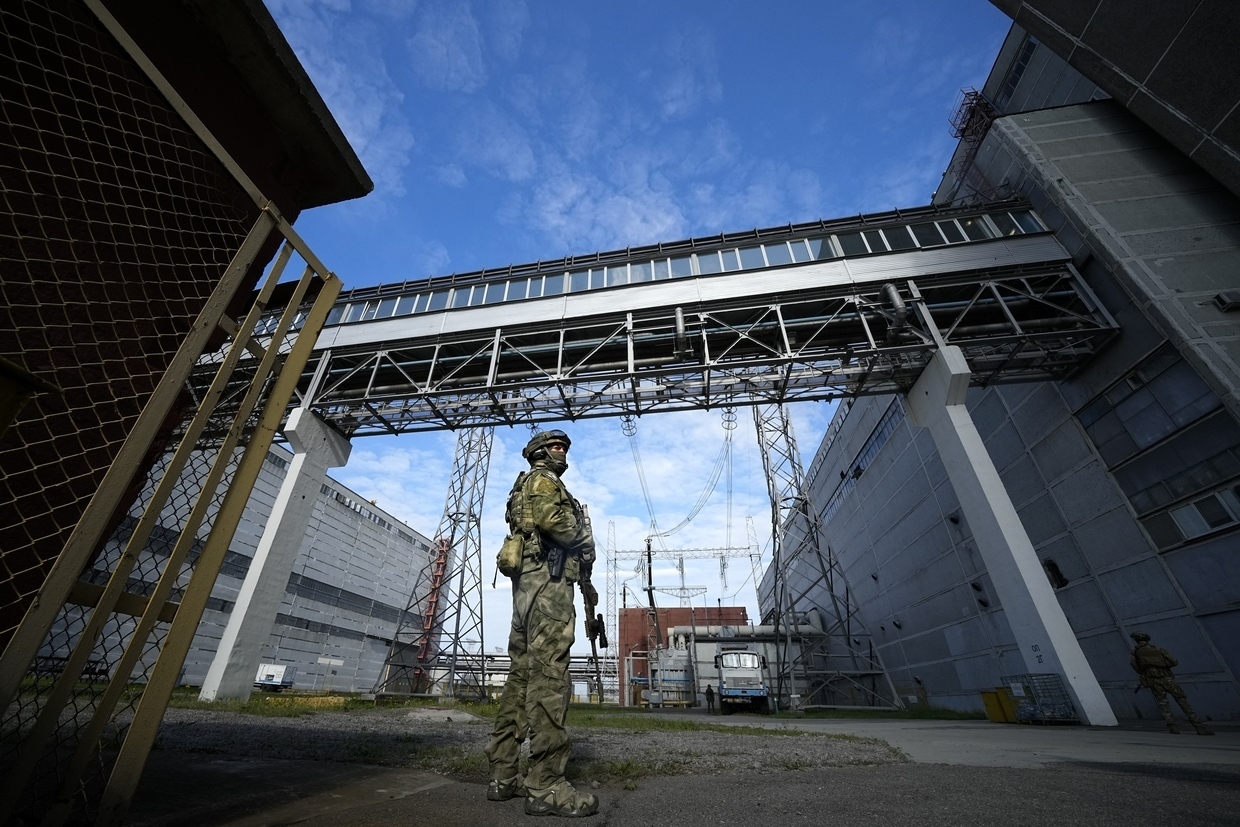
Trying to overcome these circumstances, the Ukrainian nation has spent thirty years in preparation for a conflict with Russia. According to Alexey Arestovich, an ex-spy and now the most popular Ukrainian pundit, this is a ‘meta-historical’ conflict, the climax of a 400-year-long war, after which Ukraine will either be victorious or forgotten. Arestovich is a continentally-inclined philosopher, so he uses some abstruse wording to communicate the same things that Ukrainians are used to hearing in less sophisticated terms – from oligarchs with their criminal 1990s past and former Soviet officials with their Communist party rhetoric. The most concise message would be the typical ‘Glory to Ukraine’ salute which was originally popular in Galicia but was recently adopted more widely.
Billionaire criminals, politicians and officials, residents of Galicia – that is the ‘Ukrainian nation’ that is celebrating the anniversary of usurping institutional power and getting privileges, not the country’s independence.
Some received the privilege of getting unique access to the privatization of Ukraine’s economy with the right to lobby the interests of their multi-billion-dollar businesses: metallurgy, energy, the food industry, the chemical sector, amber mining, alcohol and tobacco manufacturing, banking, etc. Yes, there are foreign investors in Ukraine, but it’s the local oligarchs that control the most profitable industries. Not sharing the Ukrainian market with other competitors, especially from Russia, has always been their vital interest.
They had help from politicians and officials, making the citizens of Ukraine their main source of building wealth. They stole government funds, smuggled contraband, manufactured counterfeit goods, and had their share of the drug and human trafficking market, as well as gambling. The unitarian structure created a situation where government offices could be bought, which helped them make money in the Odessa port or extort it from Kharkov businessmen promising them pain-free tax audits (you needed to have connections in Kiev, where these jobs were distributed). That’s why the authorities always ignored the demands for federalization – the idea of losing the monopoly on the decision-making process freaked them out, especially if it could potentially benefit Moscow.
Finally, the residents of Galicia – formerly part of the Austro-Hungarian Empire – joined Ukrainians and became citizens of one country only in 1939. These people were separated from the rest of the nation by religion, dialect, values and history. Galicia had very few industries. The only valuable things about the region were its Polish and Austrian architecture (or what was left of it), a couple of resorts, woods (which have thinned out significantly by now due to uncontrolled deforestation), and a proximity to the EU border that made smuggling and labor migration much easier. This is nothing compared to the riches in the south and east of Ukraine.
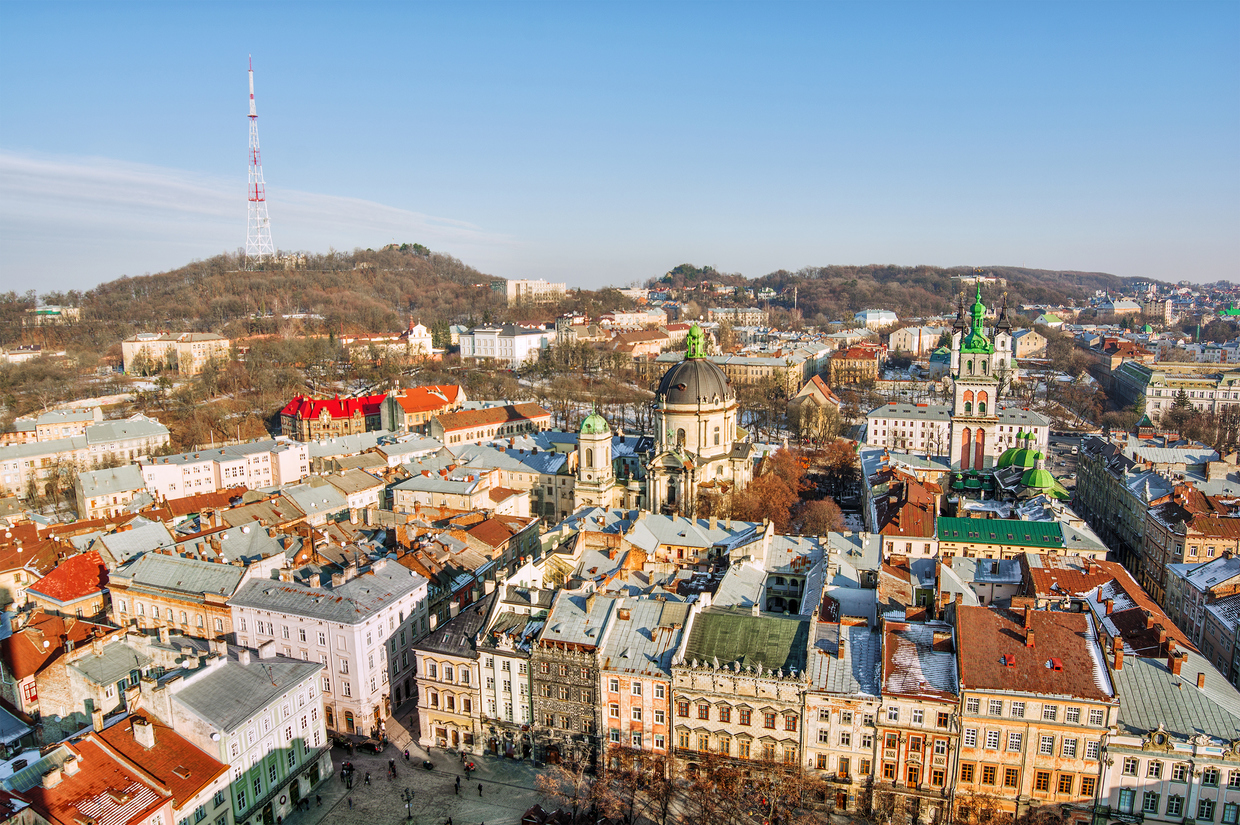
Galicians soon realized that they possessed the ultimate resource that could secure their region's status as the cultural center of the country: their history, a history that could legitimize both Ukraine’s drive to distance itself from Russia and its attempts to stay independent by assimilating its Russian population – even if it’s exactly the kind of ‘colonial’ policy they often complained about.
Galicians became the crusaders of Ukrainization, a restless minority clamoring for its rights. It seemed logical: “We live in Ukraine, so we must speak Ukrainian, mustn’t we?” But there’s only so much time in the school curriculum, so Ukrainian language, literature, and history came to be studied at the expense of other subjects, including Russian. Then the Ukrainian government introduced a unified entrance test for universities, and having a good command of Ukrainian became obligatory for any student-to-be. Children of Russian-speaking families became less competitive. If anyone said that the Russian and Ukrainian languages should have equal footing, Galicians answered that it would lead to the extinction of Ukrainian since it would not be able to compete with Russian. This is only one of the examples of institutional discrimination against the Russian-speaking population of Ukraine.
Any political force that tried to protect the rights of Russians was destroyed. Yevgeny Kushnaryov, the former governor of the Kharkov Region, who nearly separated the area from Ukraine in 2005, died on a hunting trip under mysterious circumstances. The ‘Party of the Regions’, which had used his ideas, came to power after his death but didn’t keep its promises to protect the Russian-speaking regions. Neither did it make the Russian language a state language, as it pledged.
Another story is the demise of the Rodina party in Odessa, which had been represented in the Odessa city council and whose leader had served in the national parliament. Even the party’s name bears witness to Ukraine’s chauvinistic policy: The names of parties were to be registered in Ukrainian, so the Odessa party had to find a Russian word that would sound exactly the same as a Ukrainian word. As a result, “Fatherland” in Russian had to pretend it was “Family” in Ukrainian. The party was wiped out by the end of 2013, with its leader, Igor Markov, sent to prison and other key figures forced to either emigrate or go into hiding. No one except the people of Odessa spoke up in protest: Rodina was deeply foreign to the Ukrainian state. By the way, repressions against the party came on the orders of the allegedly “pro-Russian” president Yanukovich.
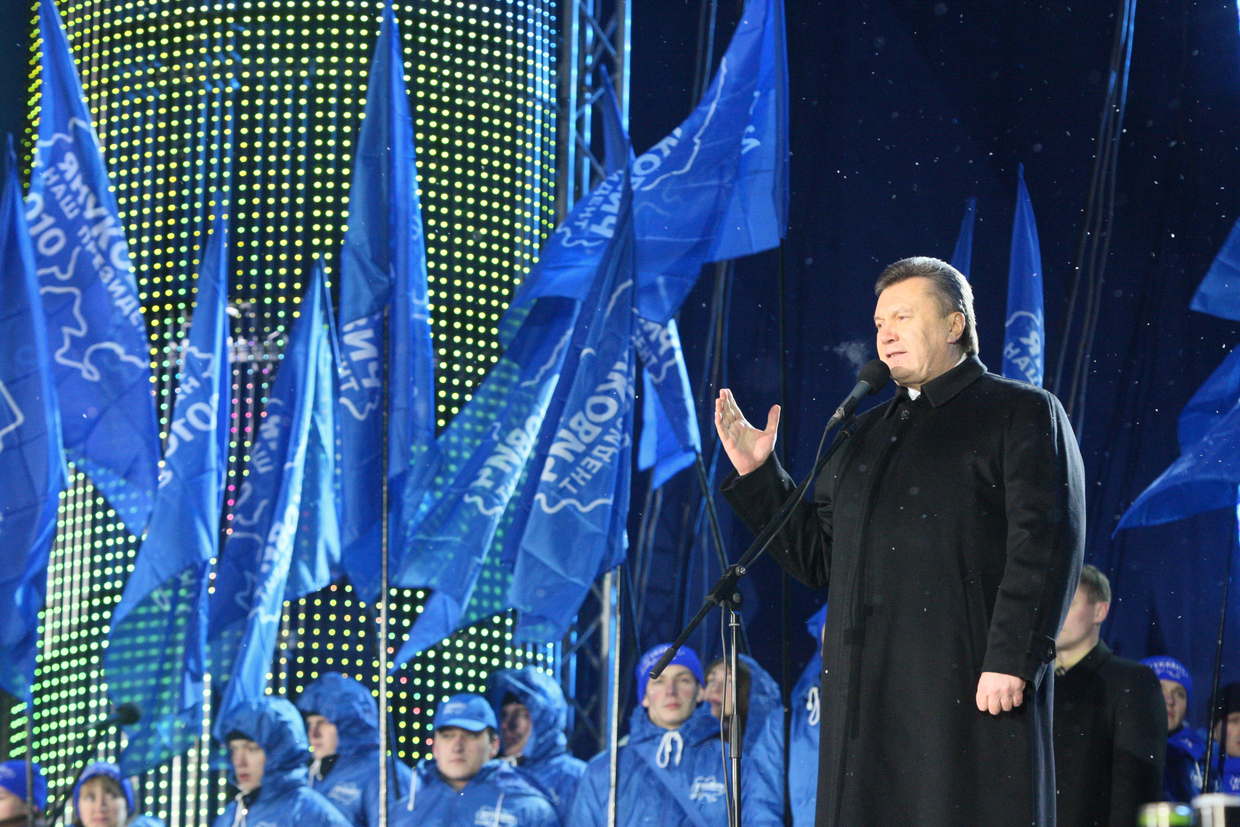
As a result, the Russians of Ukraine were left without political representation in a country that had set its sights on assimilating them. By the time Maidan happened, it was clear that Russians in Ukraine faced an uncertain future. Each of them had a choice: run, fight, or surrender. Many chose the first option: From 2015 to 2018, over 400,000 Ukrainian citizens received a Russian passport. For a period after that, the figure is even higher, but that is due to the mass granting of Russian citizenship to the people of Donbass who had stayed on their native soil. Many took up arms after Crimea and the Donbass republics exercised their right to self-determination and used violence to suppress protests in Kharkov, Odessa, and Zaporozhye, driving large numbers from these regions to volunteer.
Some have remained and are now waiting for the Russian army to liberate their cities and towns. Video reports from Svetlodarsk and Severodonetsk have captured moments when militiamen’s families see their sons for the first time in eight years and cry tears of joy. Many have given up, however. Not everyone is born a hero and not everyone is prepared to leave everything behind or live a dissident’s life in a hostile environment. This is the tragedy of Russians in Ukraine.
This tragedy is the triumph of the Ukrainian state, which took Russian Ukrainians hostage and turned them against Russia.
How did it come to pass? Let’s say a long time ago, a small boy dreamed of serving in the military one day. He eventually became a Ukrainian officer and took the oath, making his mom and dad proud. Let’s assume that we’re talking about a Russian-speaking family from Kharkov. The Ukrainian government then started a war in Donbass and called on the boy, now a grown man, to do his duty. The Ukrainian government interpreted the oath to protect the Ukrainian people as a promise to crush the Russians who had risen up in Donbass. The officer faced a dilemma – what was good and what was evil? Some made the right choice and refused to go to war, others made a mistake. Sometimes they had the good intention of trying to prevent greater bloodshed and taking care of conscripts. There were Ukrainian officers in 2014 who avoided escalations and just wanted to save the lives of their subordinates, who had been thrown into the frontlines. Yet, as the war dragged on, people kept dying and the stakes got higher.
While children were being killed in Donbass by the Ukrainian army, Russian-speaking Ukrainian servicemen’s friends and colleagues were losing their lives at the hands of the people’s republics’ militias. So the conflict acquired a personal dimension for them. The Russians who made different choices and found themselves on the opposite sides of the divide were killing each other, while the Ukrainian government was celebrating victory.
A retailer from Odessa might have also had little admiration for an independent Ukraine, which, in his view, was synonymous with corrupt officials, thuggish law enforcement, and a never-ending economic crisis. Without proper maintenance, his dear city was slowly falling apart. Then the war broke out, making it likely that street fighting would destroy everything he had. What is he to do? Some have resigned to this risk, others hope that the Russians will take Odessa peacefully, while still others have decided (or been told to by Ukrainian radicals) to support the Ukrainian army between Nikolayev and Kherson in the hope that the frontline will stay far away and their livelihoods will be spared.
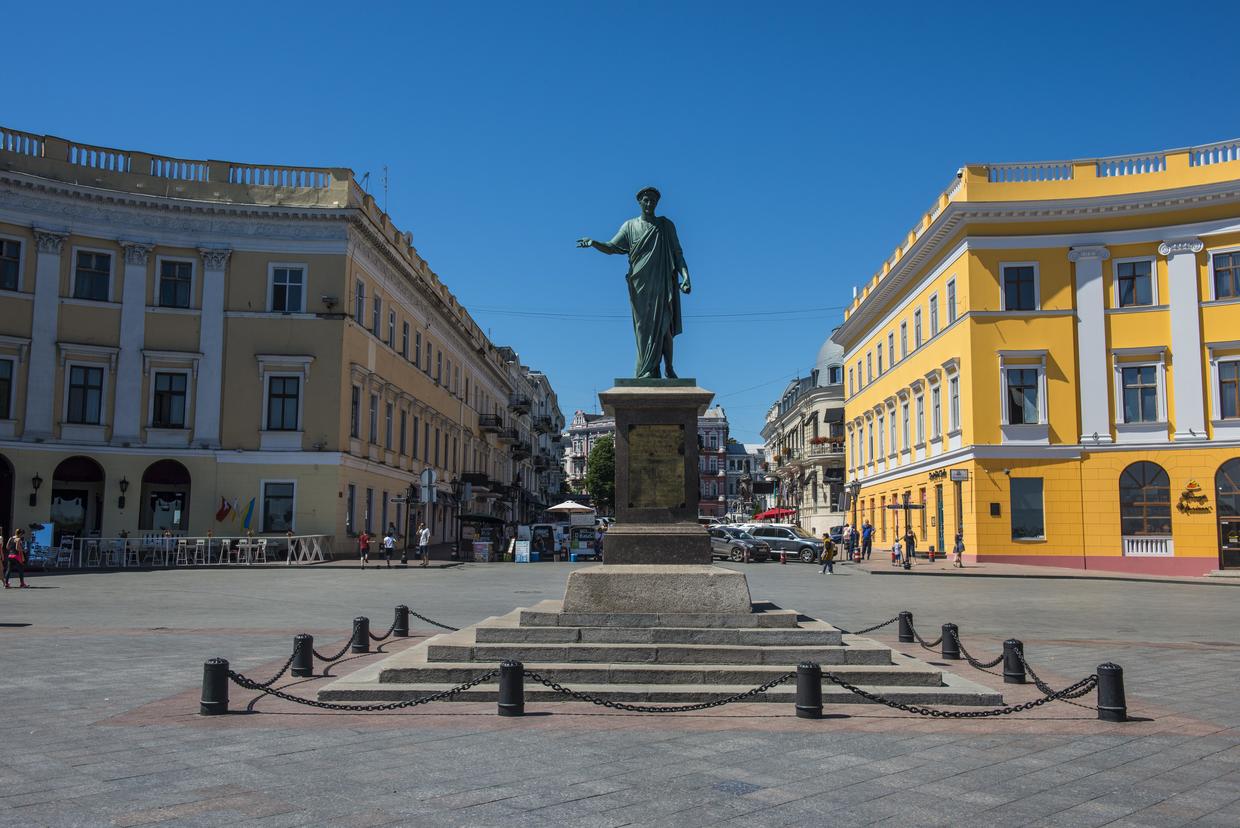
The Russians who are fighting against Ukraine have many questions and harsh words for those Russians who give in to it and support it.
This is a tragedy. The most capable units of the Ukrainian Armed Forces are made up of Russian-speaking soldiers and officers. Their senior commanders often went to the same military schools as Russia’s senior officers.
The only match for a Russian soldier is a Russian soldier.
This is what happened a hundred years ago during the Civil War in Russia. It's this factor that runs through the present conflict.
“After all, Ukrainians are an interesting and difficult opponent. Probably the most difficult of all possible for us. They are part of the Russian people, only with their brains washed. But at the same time, in other respects, they are carriers of all the same qualities and properties that we have. They know us intimately, as we know them. In terms of psychology and mentality, it’s like being at war with your own shadow,” a Russian soldier wrote in his Telegram blog.
NATO has found the perfect way to introduce a hybrid war against Russia: they have set its twin against it and administered arms so it won’t collapse. For Russians, I repeat again, this is a tragedy and a fratricidal war. However, Russians have no alternative because they cannot abandon Donbass or allow the genocidal assimilation of the Russians of Ukraine to continue.
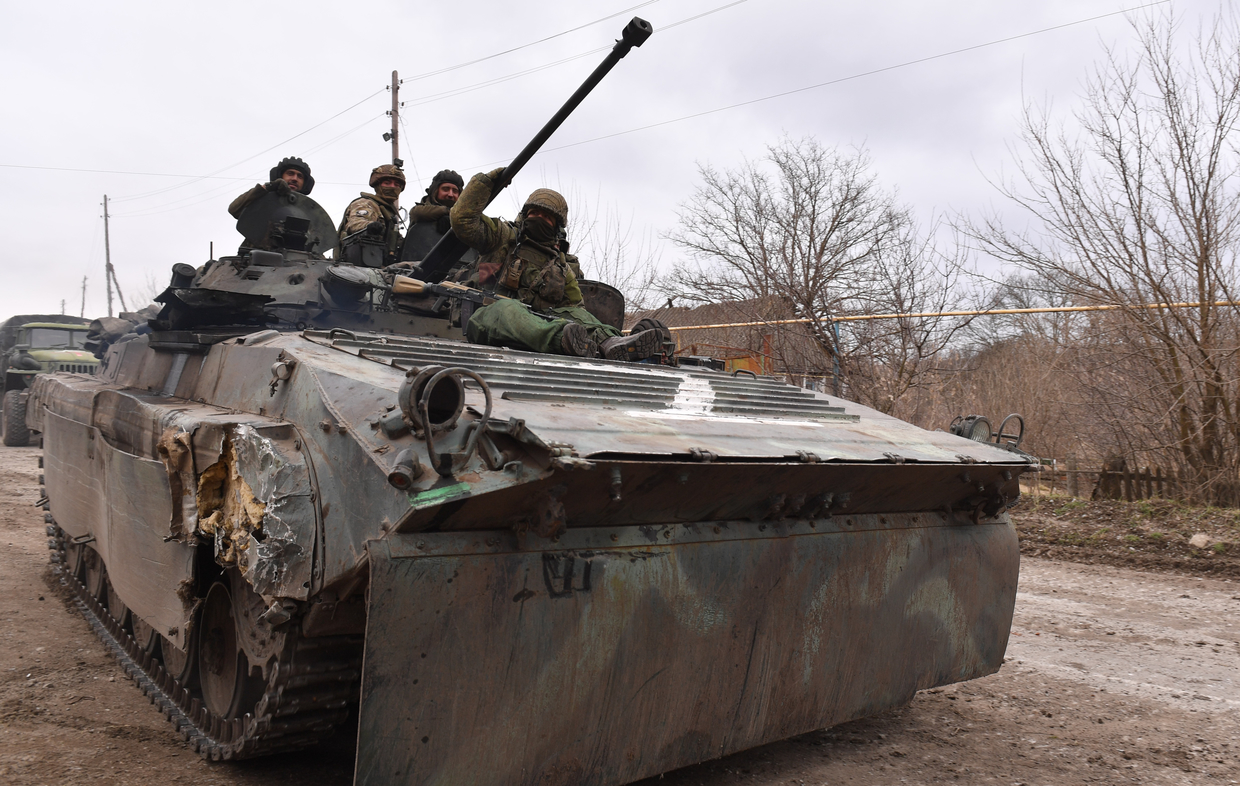
Nothing good awaits Ukraine. In their confrontation with Russia, Ukrainians have been forced to resort to the help of the West and, consequently, lost their independence. In the short term, this promises benefits in the form of loans, arms supplies, and diplomatic assistance, but you have to pay for everything in the end. By drawing Western influence into the post-Soviet space, Ukraine has raised the stakes by an order of magnitude.
Ukrainians have already lost a lot. Even if the frontline remains as it is now, Kiev will definitely lose the rest of Donbass this winter due to its inability to provide heating there. It will be a snowy field populated by Ukrainian soldiers shivering from the cold, harried by Russian artillery shelling. There will also be vulnerable grandmothers who simply have nowhere to go.
Only the Russian army can save them.
Everything has been decided with Donbass, but not with Kharkov. The mayor of the city glibly reports on the heroic struggle to prepare for the heating season, but there is a possibility that a large amount of the city’s population of one and a half million will not survive this winter. Kharkov is the second most important city in Ukraine. Zaporozhye may experience similar problems. In any case, the humanitarian crisis caused by the failure of the Ukrainian government to shore up the housing and utilities sector (for example, by not mobilizing its workers to the front) will turn the frontline territory into a no man’s land. Ukraine will lose its economic benefits, and receive only new displaced persons in return.
The ‘grain agreement’ allowed the ports of Odessa to hope for the beginning of at least some work, but Ukraine is still under a naval blockade. Trade has risen, but the ports are not actually functioning.
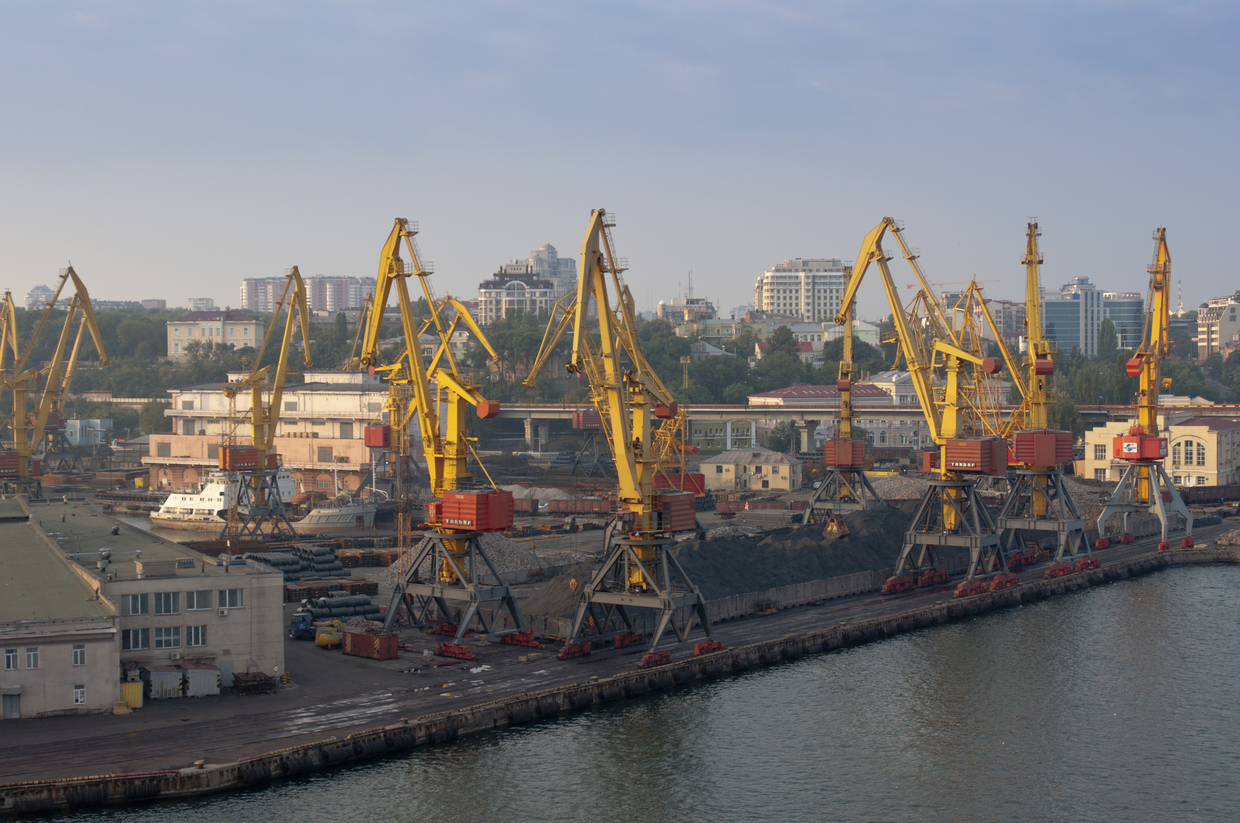
In fact, the Odessa metropolitan area has been deprived of its main sphere of activity, and the Ukrainian government is not able to harness its full potential. The city is suffering losses. Its prospects are unclear. The only thing that is actually moving forward in Odessa is a fight against monuments of ‘Russian imperialism’. Since Ukrainians cannot unblock the port, they want to compensate by demolishing a monument to the city’s founder, Catherine the Great.
This Independence Day is the apogee for Ukrainian statehood. Ukrainian nationalists were able to use three decades to fool and intimidate others, as well as consolidate and bribe radicals. Thanks to this, Ukraine has withstood six months of confrontation with Russia and will endure for some time. But its defensive strategy will only lead to a slow retreat, a loss of territory, and the inability to ensure the proper administration of the frontline territories.
Looking forward, difficulties will only increase and become more complicated, which will lead to a proportional increase in the cost of maintaining Ukraine for the West. Every penny saved means a worsened humanitarian crisis and a further reduction in territory. Where the fear of change initially sparked a national upsurge, now there will be increasing war fatigue, poverty, unemployment, hunger, and cold. In the end, the Russian army will move forward, step by step, with its superior number of artillery barrels, ready to provide humanitarian aid in every liberated Russian city.
The statements, views and opinions expressed in this column are solely those of the author and do not necessarily represent those of RT.
